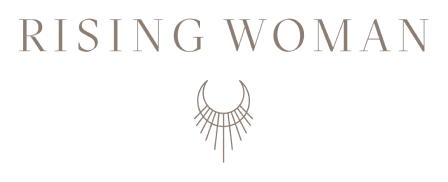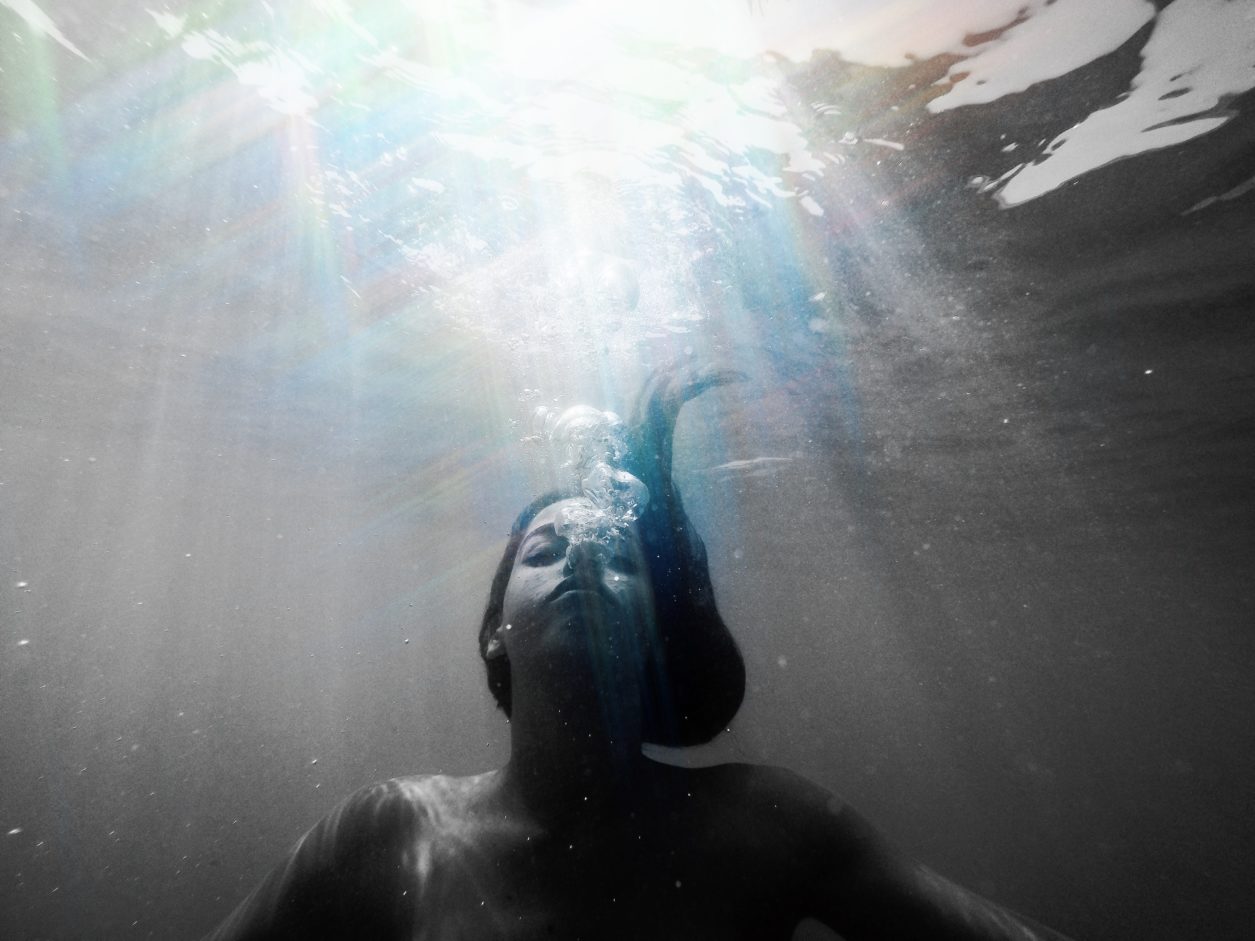Love addiction and codependency hold us in a pattern of trying to change or fix people as a way to prove our worth in the world. Many people resist the word “codependency” because it brings up discomfort and doesn’t feel so good, but neither does being caught in a cycle of self-betrayal.
If you fall into the category of a love addict, it’s important to remember that codependency is not who you are, it’s how you behave. And even when it’s dysfunctional or self-destructive, love addiction is rooted in a very real need to feel wanted, loved, and valued. If we can get to our core needs that aren’t being met, we have a chance to rewire our relationship patterns and form a healthier path forward in love.
Many of us who find ourselves in codependent dynamics have a childhood history of neglect, abandonment, family addiction, or abuse. When we weren’t allowed to take up space or have big feelings as the result of an unstable adult, we wired in beliefs like:
- I’m responsible for how others behave, react, and feel.
- If someone is upset or angry, it’s my fault and I need to fix it.
- Letting other people have their own experience is risky for me, so I need to save/ fix (control) them.
- Other people’s pain is my problem.
- My feelings aren’t as important as other people’s feelings.
- My needs take a back seat in relationship.
- I need to stretch and bend myself to be who my partner wants me to be.
- I have to make sure everything and everyone is ok, even at the expense of my own sanity, boundaries, and safety.
- If someone else treats me badly, it’s because I’ve done something wrong. I need to try harder to win their approval.
- I don’t trust my feelings or instincts so I give my power away.
Codependency is rooted in self-betrayal and self-abandonment. It’s the never-ending chase for validation and acceptance through an external source. It leaves our cups empty and our hearts tired.
We may find ourselves giving to the brink of exhaustion, pouring ourselves out and becoming resentful, bitter, and left with a feeling of being alone and unsupported.
Love addicts are drawn to “under-functioners”, addicts, or people who are likely to become dependent on them in some way be it financially, emotionally, or otherwise. The dynamic is one of enabling bad behavior to continue and constant disregard for the sacred container of a two-way relationship.
One of the common ways this shows up is in the romantic partners of alcoholics and drug addicts. So much so, that Alcoholics Anonymous has a mirror program for codependents called Al-anon.
In the world of a love addict, chaos and turmoil are all too familiar, and stability is nearly non-existent. To heal this pattern, a love addict needs to accept these truths:
- I am not responsible for other people’s behaviors or reactions.
- Other people are free to have their own experience, and I don’t need to try and change them.
- I cannot change another person, I can only change myself.
- It’s not my job to save people from their feelings.
- My worth is not rooted in how much I give.
- My needs and my boundaries deserve to be met, honored and respected.
- If someone treats me badly, that is a reflection of their own self-worth and I can remove my energy from their life.
- If I really want to help someone change or heal, the best thing I can do is honor myself and set boundaries with them.
Healing codependency starts when we devote all of the energy we once poured into others and reclaim it for ourselves. To break free of the cycle, we must become acquainted with our own negative beliefs about love and our self-worth, and make an effort to build a new relationship to self.
Our inner-work when healing from codependency
- Set boundaries and honor them.
- Take boundary violations seriously and protect our energy.
- Practice self-care and self-soothing.
- Only give when our cup is full and we feel truly inspired to do so.
- Learn to not take things personally.
- Remember to slow down and tune into our own body sensations, thoughts, and feelings.
- Spend time alone, meditating, journaling.
- Ask for help and stop trying to do it all alone.
- Validate our emotions and trust our instincts.
- Build a healthy relationship with our inner-child. You can download my free Healing Your Inner-Child Meditation right here.
We break the cycle when we stop taking responsibility for other people’s behaviors, addictions or reactions and start pouring love onto the parts of us we believe are broken. Authentic love never comes at the cost of your boundaries or self-respect.

